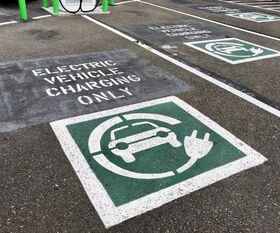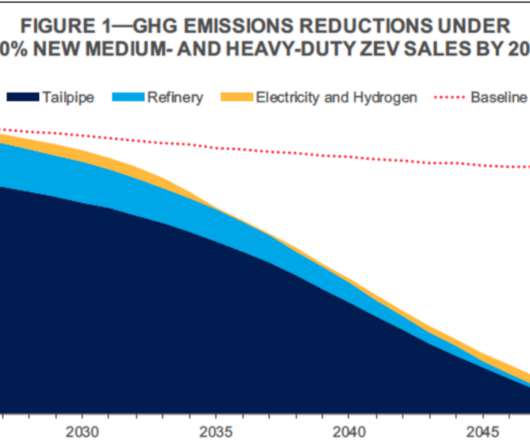kWh Billing and New EV Charging Tax Policies: What You Need to Know
Blink Charging
OCTOBER 6, 2023
As a result, regulations and guidelines related to electric vehicles are changing frequently, and consumers and charging station hosts must be aware of new developments. As both EV adoption increases and internal combustion engine vehicles have become more fuel efficient, states are seeking to offset lost revenue from the gas tax.




















Let's personalize your content